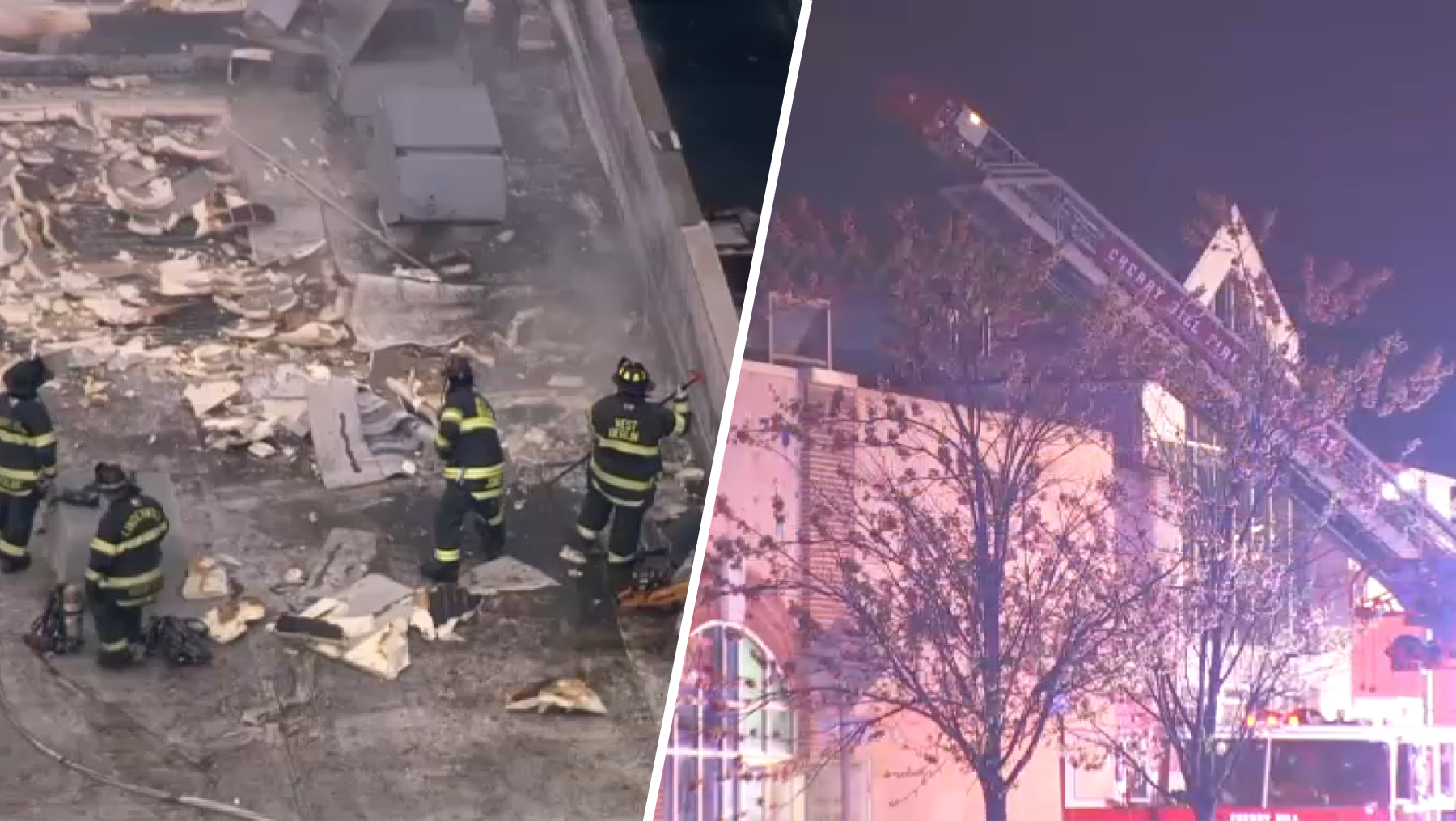What to Know
- Police data show that there have been 333 homicides in the city as of Sunday, an 11 percent increase over the same period last year.
- Even with two weeks left in 2018, this year's total is the highest since 2007, which ended up with 391 homicides.
- "They don't have conflict resolution skills and resort to gun violence," Police Commissioner Richard Ross said.
In 2017, as slayings in Philadelphia passed 300 for the first time in five years, city police were not yet ready to declare drugs as the driving motive behind the increase — despite a conclusive study.
As 2018 comes to a close, and the homicide total hit the highest number in more than a decade, police Commissioner Richard Ross has come to terms with the link between slayings and the opioid epidemic.
"We got a 93-percent increase in motives that are related to drugs in homicide," Ross said in an interview Tuesday as the number of killings reached 333, the highest since 2007. "That's significant. And so clearly for us, that's probably the biggest problem."
New York and Los Angeles, with populations much larger than Philadelphia's 1.5 million, have fewer homicides this year. As of Dec. 9, New York City had seen 273 homicides; as of Dec. 8, Los Angeles had 243.
In September, Mayor Jim Kenney ordered his staff to come up with strategies to tackle the crisis like a public health emergency.
He said in an interview that the availability of guns and the high rate of poverty also are contributing factors to Philadelphia's homicide total.
"The homicide rate is disturbing. It's higher than it was over the last 10 years, but you go back to the former administrations, we were in the 500s," Kenney said. "We're doing our best to keep it down, and to address the symptoms, to address the issues that caused the problem in the first place. And that's poverty and lack of education and jobs."
The city, he added, will release a plan in January to address a rise in violence.
Local
Breaking news and the stories that matter to your neighborhood.
Among the most high-profile cases was the death of a high school track star who was about to start Penn State and was shot and killed when he confronted two teens trying to break into his family's house in August. In another, four people were shot in the head in the basement of a home in November. On Friday, a new mom was shot and killed inside her house while her 5-day-old daughter slept in a crib steps away.
This year has also been particularly deadly for young people.
Ross said some of the shooters don't even recall what the initial beef is about.
"They don't have conflict resolution skills and resort to gun violence," Ross said.
Vanessa Garrett Harley, who heads up the city's criminal justice and public safety agency, is leading the group tasked with developing a plan to tackle the violence. They're starting with an audit of community-based violence prevention programs around the city, figuring out which programs are working and which aren't. They've also held meetings in communities struggling with gun violence to get input from residents on the front lines, she said.
"Just to hear an older woman say she's scared to come off her porch, it sickens me," said Shondell Revell, a city employee who is helping develop the strategic plan. "How do we give her that assurance that the city is there for her and we're dealing with the issues that are happening?"
Last year, the Pew Charitable Trusts analyzed the motives for every homicide in Philadelphia from 2012 to 2016.
Their analysis found that four of the five leading motives for slayings — arguments, domestic violence, street robberies and retaliation — decreased over that period, while drugs were the lone motive to increase.
"Drugs appeared to be driving the murder rate over that period, with police statistics showing that the percentages for other top causes declined during that time," the analysis said.
However, the police department told Pew in a statement that it was not yet clear if the increase in drug-related homicides comprised a grim trend.
"The Philadelphia Police Department said it was too soon to know whether the data from the past few years represent a trend—and did not speculate on what may be driving the increases," according to the analysis.
Ross now believes drugs are a driving factor in a second straight year of 300-plus homicides.
"We know that part of the reason that the spike is happening is becausing of the opioid crisis," he said.



